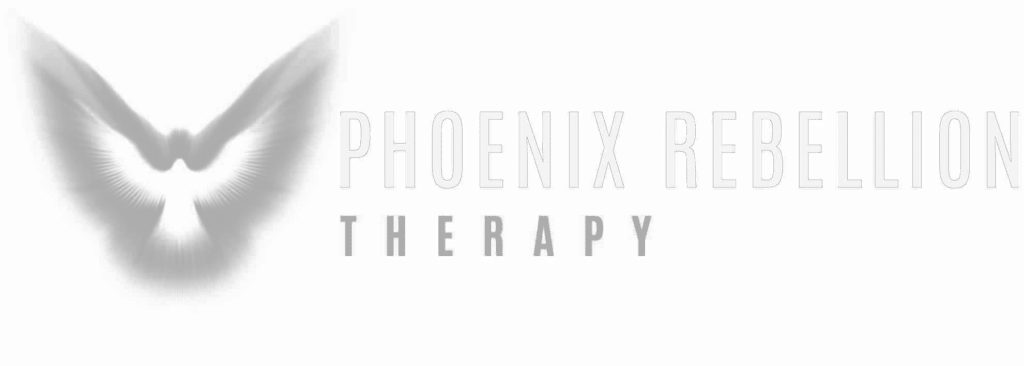What is Domestic Violence?
Domestic violence is abuse or violence from one person to another. It can take a number of different forms including physical, verbal, emotional, economic and sexual. From the year 2006 to 2011, domestic violence within the military tripled. Victims may find themselves feeling hopeless, trapped and scared.

Domestic Abuse and Violence FAQs
What Are Some Symptoms of Domestic Violence?
- Physical
- Emotional
- Sexual
- Financial
- Harassment
- Stalking
- Hitting
- Kicking
- Punching
- Name Calling
- Intimidation
- Gaslighting
- Yelling
- Humiliation
- Controlling
- Bossing
- Unwanted Emailing and Texting
What Are Some Causes of Domestic Violence?
- Need for Power and Control
- Trauma History of Abuser
- Society’s Misogynistic Tendencies
- Entitlement
- Addictions
- Mental Illness
How Common Is Domestic Violence In the Military and Why Does It Happen?
Most cases of domestic violence occur when men batter their spouse or partner. Men are more likely than women to murder and assault. Approximately 90 percent of the military are men. They spend months if not years learning how to kill. Testosterone is sometimes linked to aggressive behavior.
- Although the frequency of domestic abuse nationwide declined from 1994 to 2010 by 64 percent, the frequency of domestic violence calls from people affiliated with the military from 2006 to 2011 more than tripled.
- Domestic abuse in the Army from 2003 to 2010 rose by 177 percent.
Veterans diagnosed with PTSD are significantly more likely to perpetrate violence towards their partners. Having brain trauma also increases the risk. Individuals with PTSD and brain trauma symptoms may not know how to control their anxiety and frustration and feel like they have a lack of control. They need treatment in order to change.
I’m a Victim and I’m Afraid To Get Help. What Should I Do?
This is a very common concern for victims of domestic violence. Whatever you decide to do, your safety is the most important concern. In domestic violence counseling sessions, we can help you evaluate your risk factors as well as formulate a safety plan. Resources within the community are offered to help you while in transition as we work with you in addressing the pain, guilt, and other emotions that may consume you. Your visit is confidential.
What Type of Domestic Violence Counseling is Available For Victims?
Domestic violence counseling needs to involve a multifaceted approach. Victims need physical protection, shelter, financial support, advocacy and support. At the beginning of therapy, a successful intervention will include a well-coordinated and multidisciplinary approach utilizing resources that the therapist can help facilitate. Psychological issues will need to be addressed, including post-abuse depression, which occurs in many victims. Medications, such as Prozac, will not change reality and many times victims may have symptoms of PTSD including nightmares, a high startle response, intrusive memories and an inability to trust. Other issues, such as abandonment, anger, pain and blame, will need to be addressed with a therapist.
Without proper therapy, issues will still remain. Time cannot heal all wounds. Cycles of abuse may continue and repeat themselves in future relationships. Therapists that are inexperienced may misdiagnose and fail to provide the required tools to facilitate healing and growth. An inexperienced therapist may also cause more damage to a client and actually make things worse.
What Do I Look For In a Domestic Violence Therapist?
- Do they understand the military culture?
- Have they worked with trauma, PTSD and domestic violence?
- Do you trust your therapist? This is extremely important.
Keep your strength and endure when you have found the right therapist.
We are ready to help. We invite you to contact us with any questions you have about domestic violence counseling and offer a free confidential consultation with a licensed therapist so we can begin to bring peace back into your life.

